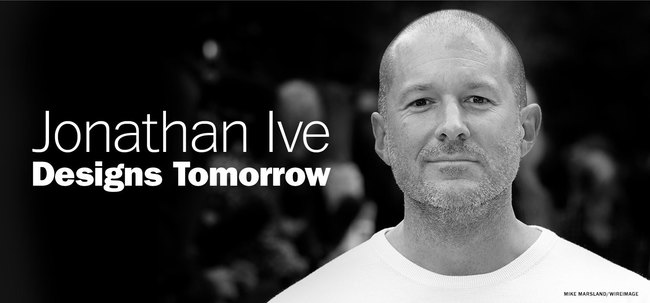One-Person Product
Marco Arment on Tumblr Founder David Karp:
Intense focus requires neglecting almost everything else. David’s focus on pushing the product forward meant that he didn’t want to think about boring stuff: support, scaling, paperwork, and money.
Every time we’d get close to needing more funding, I’d try to convince David to hold out a bit longer or try to become profitable, and he’d convince me that everyone was better off if we’d focus on the product instead. And every time, he was right.




